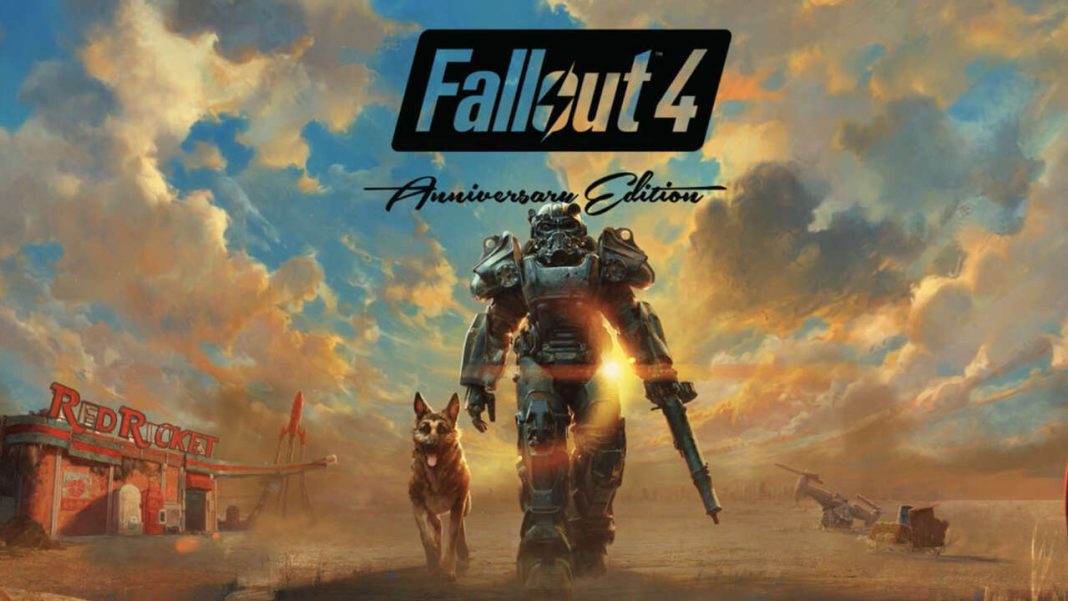Just when you thought the dust had settled in the Commonwealth, an unexpected transmission crackles through the airwaves. Years after its initial release, and nearly a decade since we first emerged from Vault 111, Fallout 4 has received a significant new update. But this isn’t just any patch; it’s a story of community outcry, corporate missteps, and a surprising pivot, proving once again that the voices of wasteland wanderers truly matter.
The Commonwealth’s Unexpected Encore
For those still exploring the irradiated ruins of Boston, the news arrived like a much-needed stimpack. This isn’t a small hotfix; we’re talking about a substantial update bringing performance improvements, bug fixes, and even some new free Creation Club content. Imagine diving back in to discover the Enclave Remnants questline, complete with new weapons, armor, and workshop items, all bundled into your base game. It feels like a genuine gift, breathing fresh life into a beloved title.
The update also promises better stability across all platforms, smoother gameplay, and a revamped Creation Kit for PC modders, indicating a renewed commitment to the very backbone of Fallout‘s longevity: its incredible modding community. On the surface, it’s a celebratory moment, a testament to a game that refuses to fade into history. But to truly appreciate this olive branch, we need to understand the storm that preceded it.
Unpacking the “Why”: From Anniversary Woes to Earned Redemption
This latest update isn’t just random generosity; it’s a direct consequence of a previous, much less welcome, update. Earlier this year, coinciding with the successful Fallout TV series and meant to celebrate a “next-gen” upgrade, Fallout 4 received an update that, for many, felt like a nuclear winter. This patch, intended to integrate new Creation Club content and optimize for newer consoles, inadvertently shattered the delicate ecosystem of the game’s vibrant modding scene.
Critical utilities like the Fallout 4 Script Extender (F4SE) and countless other mods, meticulously crafted and maintained by the community, were rendered incompatible overnight. Years of carefully curated mod lists, personal touches, and essential bug fixes vanished in a puff of digital smoke. The backlash was immediate and fierce. Players felt ignored, their dedication disrespected, and the very spirit of Fallout modding undermined.
As one prominent modder, known for their comprehensive utility patches, put it, “It felt like years of community effort were just swept aside without a second thought. Our work, which often fixed things the developers didn’t, was suddenly meaningless.” This sentiment echoed across forums and social media, a collective cry from a fanbase deeply invested in making the Commonwealth their own.
Listening to the Wastelanders: A Path Forward
The beauty of this new update lies in its tacit acknowledgment of that previous misstep. Bethesda listened. The current patch isn’t just about adding new bells and whistles; it’s fundamentally about rectifying the damage, enhancing stability, and, crucially, providing updated tools for modders. It shows a company willing to course-correct, to engage with its most passionate players, and to understand that a game’s lifespan is often extended not just by its creators, but by the community that breathes life into it.
While the road to full mod compatibility might still have a few bumps, this decisive action marks a significant step towards rebuilding trust. It’s a powerful reminder that player feedback isn’t just noise; it’s a vital component of a game’s evolution. For fans of Fallout 4, it means a more stable, more vibrant, and ultimately, a more enduring Commonwealth to explore for years to come.
The future of Fallout 4, patched and hopefully more mod-friendly, looks brighter than it has in a while. And it’s all thanks to the unwavering spirit of its dedicated community.




